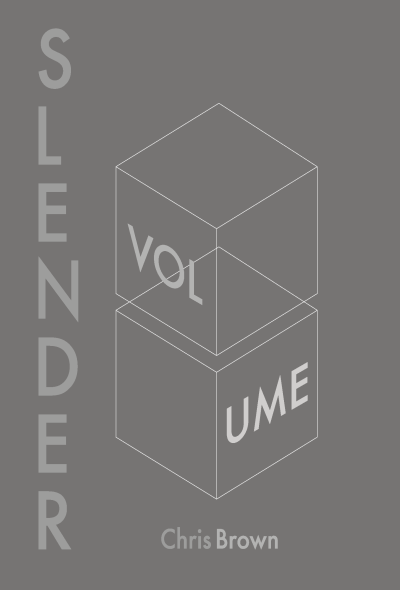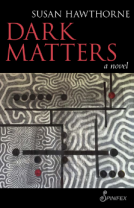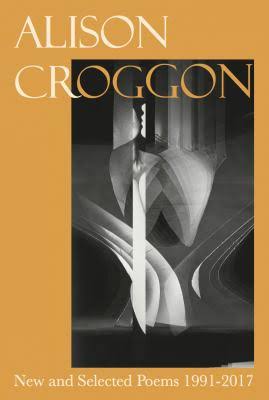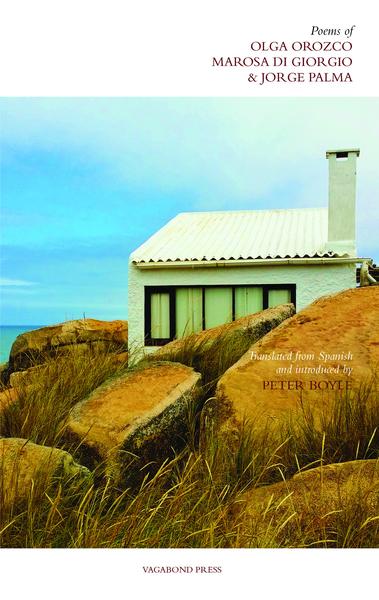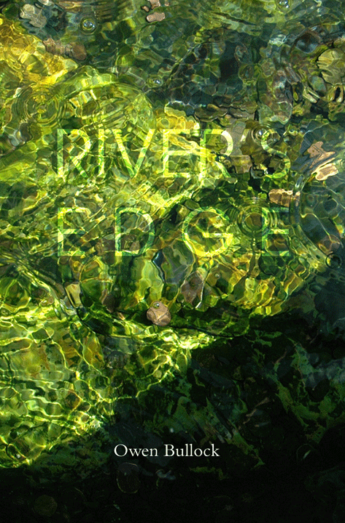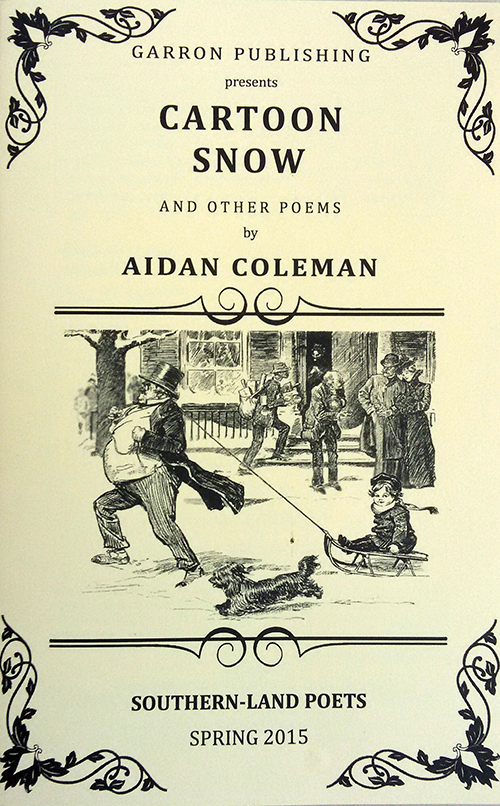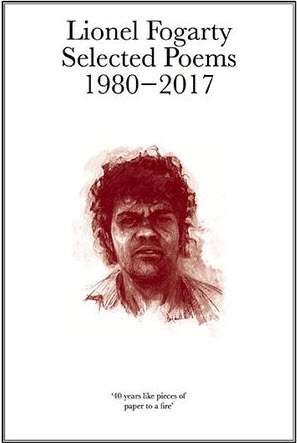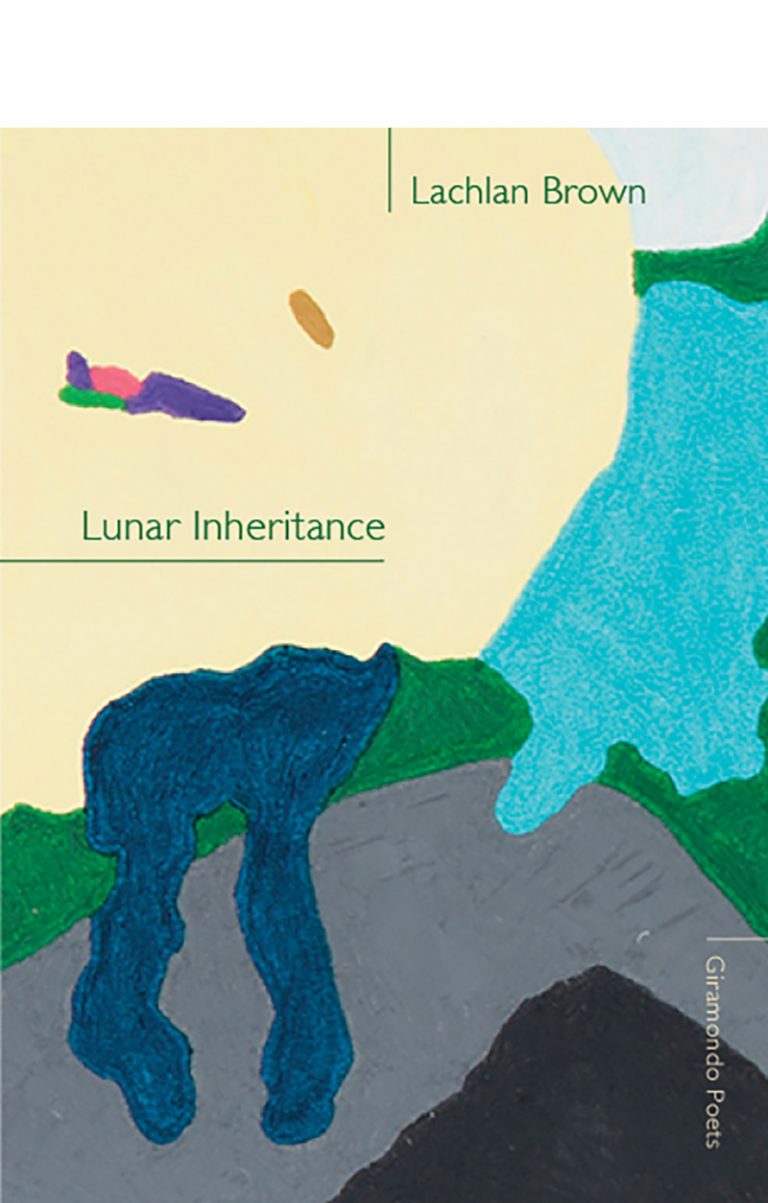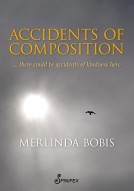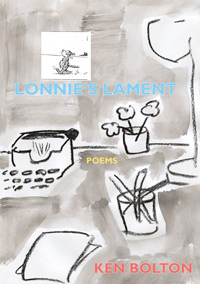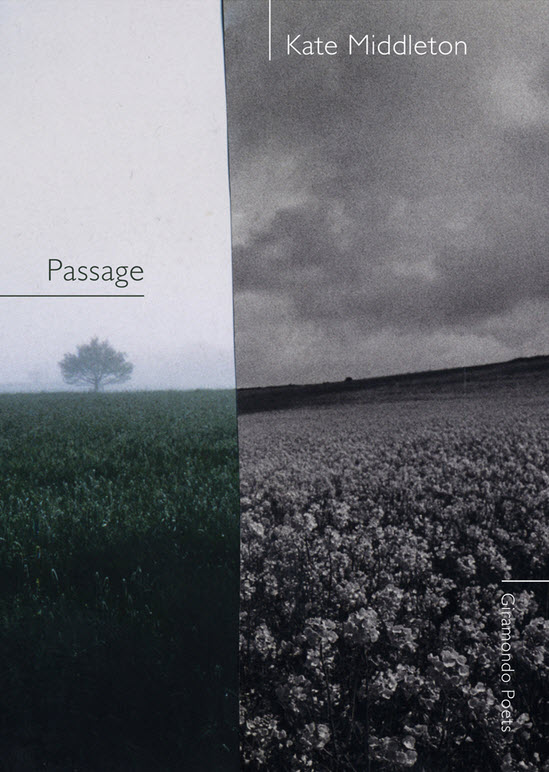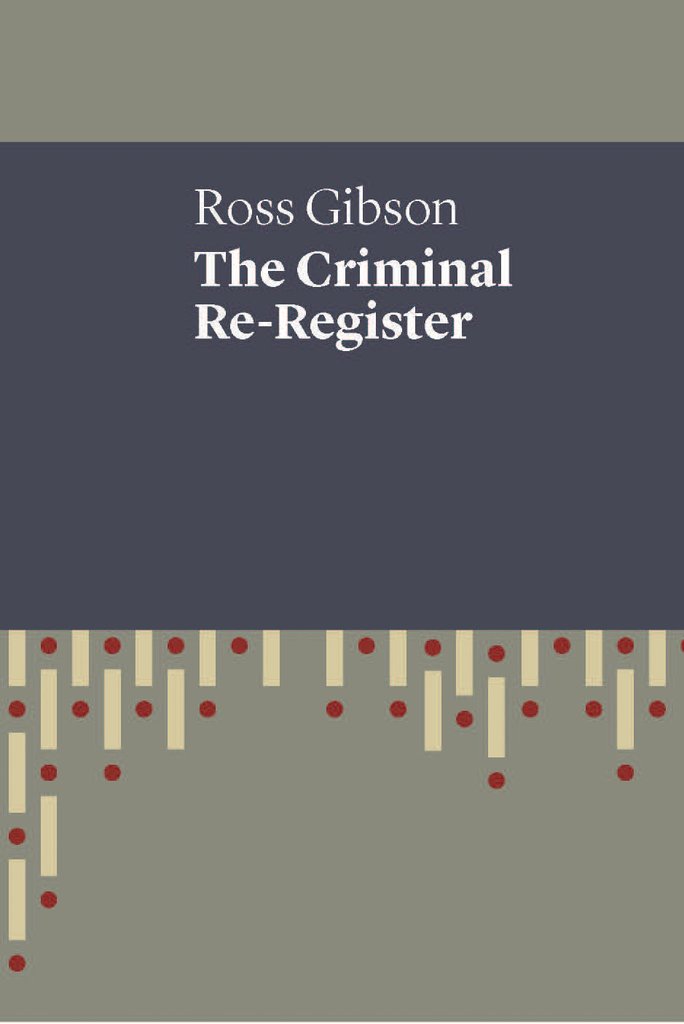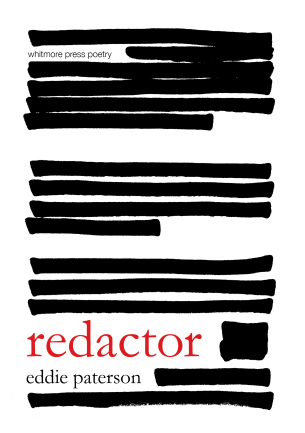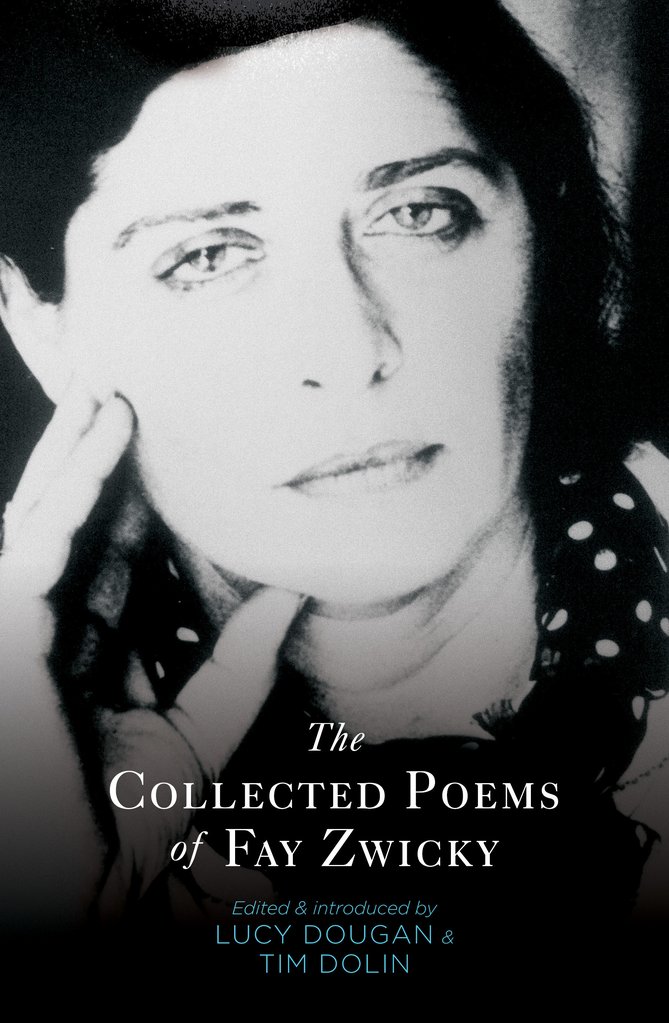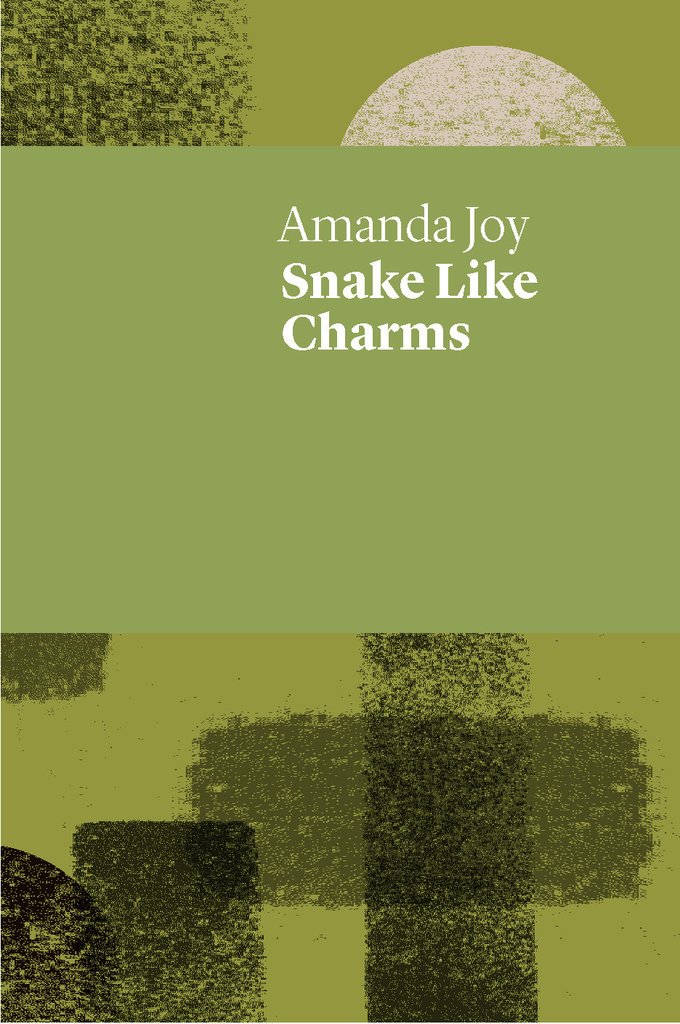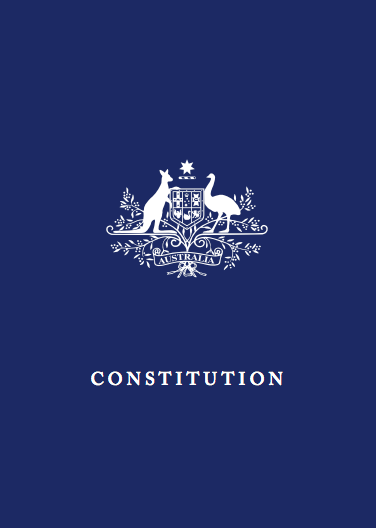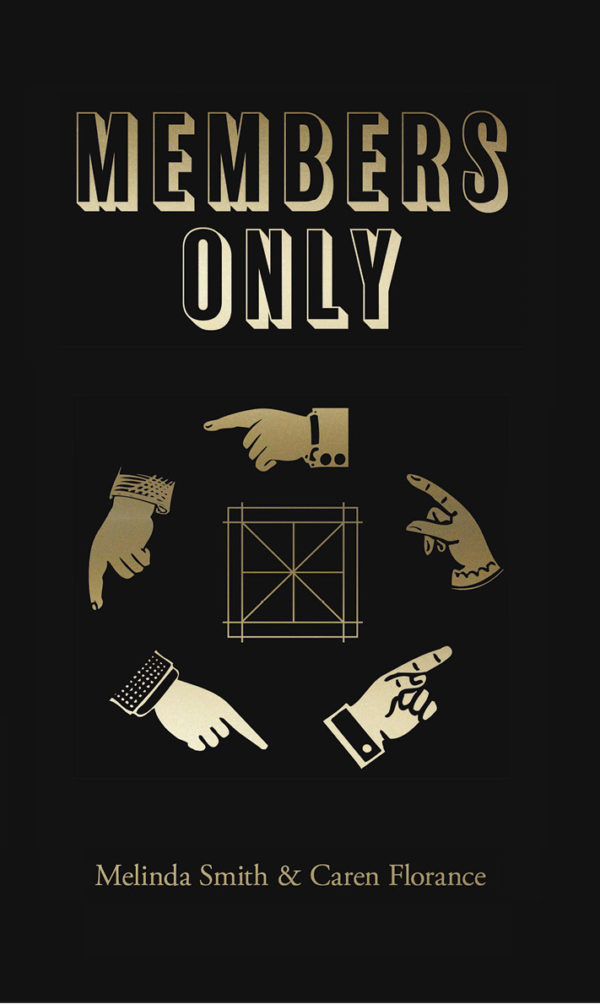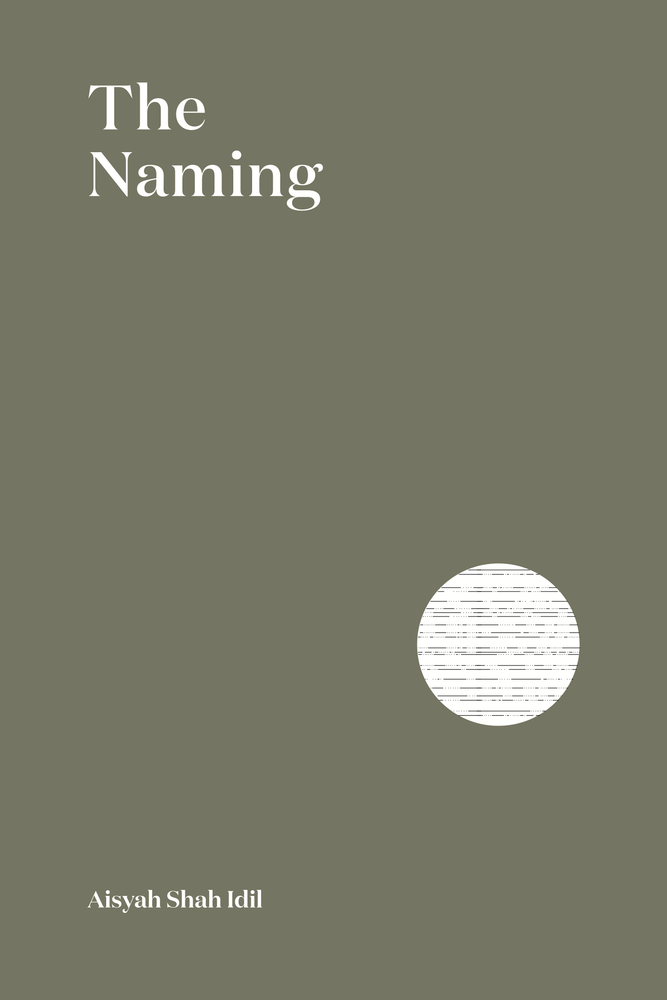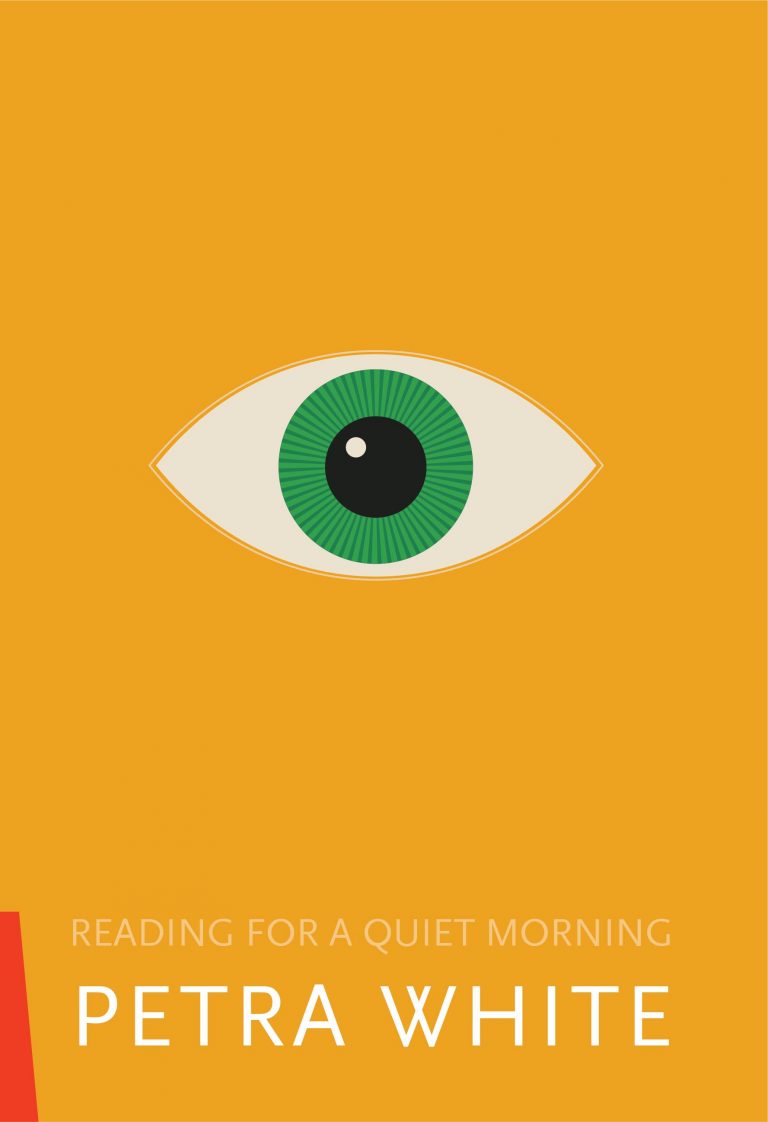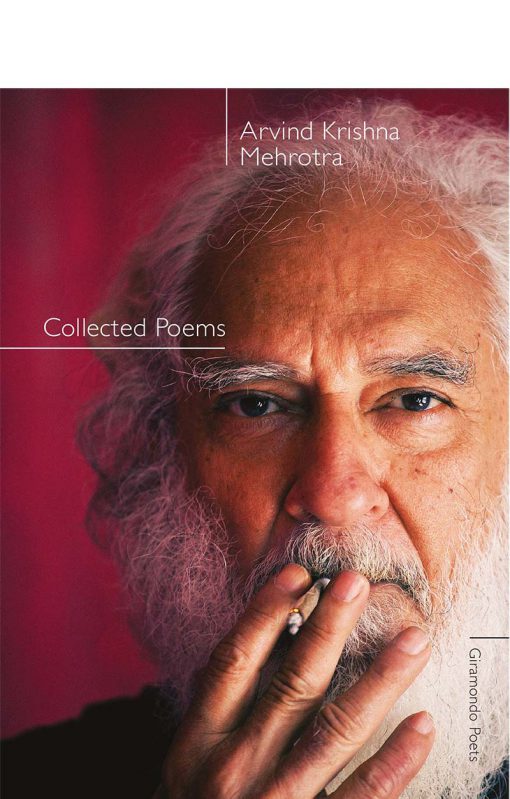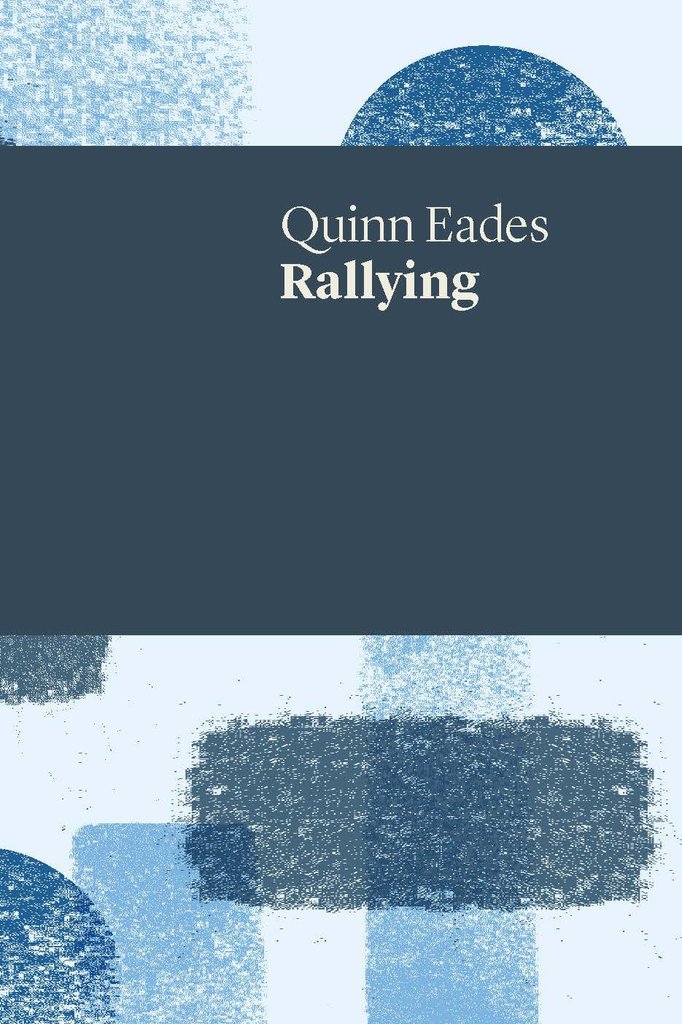BOOK REVIEWS
Review Short: Bulky News Press Chapbooks from Andrew Pascoe, Chris Brown and Marty Hiatt
Words and phrases in Andrew Pacoe’s cones, emerge and float through the page’s whitespace like ‘vacuum packed clenches / listing downstream’. It seems that if you were to unfold this book, so that all the pages were arranged on the same plane, phrases would flow from their current position and create new combinations.
Review Short: Susan Hawthorn’s Dark Matters
Susan Hawthorn’s Dark Matters is a culmination of over thirty years’ lesbian feminist activism and fifteen years’ research focused on violence – specifically torture – against lesbians in a global context.
Catherine Noske Reviews Alison Croggon
Alison Croggon has worked across many forms in her career, and connections to several are represented in these pages – the nine-part poem ‘Specula’, for example, comes from a larger work of the same title which also involves an essay and a radio play.
Alex Kostas Reviews Peter Goldsworthy, Jill Jones and Heather Taylor Johnson
Garron Publishing was started in 2010 by Gary MacRae and Sharon Kernott as a means of self-publishing work, but has since expanded into a successful run of poetry chapbooks by established and emerging South Australian poets.
Israel Holas Allimant Reviews Poems of Olga Orozco, Marosa Di Giorgio & Jorge Palma
In 2017, Vagabond Press launched its Americas Poetry Series. This is a brave and much needed venture, one that borders on the quixotic: an Australian editor offering publications from poets from the Americas to the Australian reading public, for the love of poetry and the art of translation. So far, the series has three excellent entries focused on the translation of Spanish language Latin American poets into English.
Review Short: Rose Hunter’s Glass
Glass is a collection of elegiac poems, a memoir of free verse about the poet’s travels through Mexico and her own debilitating ailment. The ‘you’ in book is addressed with a certain fondness (‘where are you / i feel of course now we would have the most wonderful conversation’) and an intimacy that suggests the poet is speaking to someone she was once romantically involved with.
Review Short: Owen Bullock’s River’s Edge
Owen Bullock stated in his ‘The Breath of Haiku’ article in Aoeteroa that ‘the modern haiku can be about anything, not just nature’. Readers of his previous collection, Urban Haiku (Recent Work Press, 2015), will be well aware of this position.
Review Short: Aidan Coleman’s Cartoon Snow
South Australian poet Aidan Coleman’s previous book of poetry, Asymmetry, was published in 2012. It charts Coleman’s traumatic experience of a stroke, and the resulting loss of symmetry in his body, life and writing. The book strings together revelations made startling through poetic bluntness, from the initial shock of incapacitation to the excruciation of gradual rehabilitation.
Review Short: Melody Paloma’s In Some Ways Dingo
The cover of Melody Paloma’s first poetry collection, In Some Ways Dingo, is a work by the artist Emma Finneran called ‘Into Stella.’ It’s formed from acrylic, ink and pastel on cotton drop cloth. Finneran’s work is interested in the material possibilities of drop-cloths: cloths typically instrumentalised into catching ‘the excess paint from Mum’s feature wall’ (in Finneran’s words) and to be eventually ‘rendered forgotten, formless, shapeless, degraded – to be dropped.’
Dashiell Moore Reviews Lionel Fogarty
To begin this review, I would like to make the most important of declarations and acknowledge the Gadigal people of the Eora Nation as the traditional owners of the land on which this review was written; and would like to thank Narungga scholar, writer and poet Natalie Harkin for having assisted in the editorial process.
Kishore Ryan Reviews Lachlan Brown
‘Toward dusk,’ writes Brown in the book’s penultimate poem, ‘when the sky is passport blue, / you return via the National Performing Arts Centre, / its vast half-egg reflected in the stirring water.’ This poem, ‘Blank face double vision’, is reminiscent in certain ways of Lorca’s Poet in New York. Both Brown and Lorca use the phrase ‘blank face’ as well as the word ‘egg’.
Lucy Van Reviews Merlinda Bobis
So begins ‘driving to katoomba’, from the first poetry collection that Merlinda Bobis published in Australia, Summer was a fast train without terminals (Spinifex, 1998). The opening is typical of Bobis’s inimitable gusto and extravagance: the lines follow the gesture of the body that reaches for a view, simultaneously craving and offering the world while delighting in the knowledge that both impulses remain unfulfilled.
Review Short: Ken Bolton’s Lonnie’s Lament: Towards a History of the Vanishing Present
Ken Bolton’s most recent collection expresses an intense sociability, co-mingling personal and communal memory to create poetry that draws on moments of apparent ordinariness, and ever so subtly transforms them into lines of understated enchantment.
Review Short: Kate Middleton’s Passage
In the prefatory poem titled ‘Lyric’, Kate Middleton writes of ‘Voices torn, / pieced, re-sewn’, a phrase that neatly captures the allusive texture and patchwork procedures of her third collection Passage.
Alan Wearne Reviews Ross Gibson
This is a volume of (mainly) prose poems, derived by its compiler/adaptor/author Ross Gibson, from a large dossier of New South Wales Police records. If these can be described as ‘found’ poems (even if they have been edited) it would be as likely to refer to them as ‘accidental’.
Review Short: Eddie Paterson’s redactor
As a physical object with an online extraction, Eddie Paterson’s new book of poems, redactor, presents the performance of mark-making in an ever expanding digital sphere. The juxtaposition between the white of the page and the black of the ink has long provided a site for textual collision, one that was used to great effect by the concrete poets and the French Symbolists.
Review Short: The Collected Poems of Fay Zwicky
On 2 July, 2017, my father sends me an article about Jewish Australian poet Fay Zwicky’s passing in Perth. I am four months into my Masters in Brisbane, where I am writing a manuscript of poetry and a thesis about tensions between my Jewish identity, memory, mental illness and hybridity as mediated through cultural objects and poetry.
Pete Hay Reviews Rachael Mead and Amanda Joy
The chapbook is the ideal public presentation of poetry for the times in which we live. It is even more portable than the conventionally slim collection; its humbler production values permit poets to get their work ‘out there’, thereby meeting the democratic criterion of accessibility for both poet and reader, and it is conducive to the rigours of thematic focus that a small body of work encourages. Long may it flourish.
Review Short: Amelia Dale’s Constitution and Yasmin Heisler’s Aquarium Drift
Amelia Dale’s Constitution is deep blue with the Commonwealth Coat of Arms on the cover; it looks like a passport. Yasmin Heisler’s Aquarium Drift features, as its first image, a colour scan of Aquarium Fish (a 64-page special issue of the magazine World of Wildlife) with ‘Fish’ crossed off and in its stead ‘drift’ in aquamarine type off-centre on the page.
Dominique Hecq Reviews Melinda Smith and Caren Florance
Seeking to cast light on Melinda Smith’s Goodbye, Cruel alongside her collabo-rative work with Caren Florance titled Members Only is like approaching a hive of fully-formed poems.
David Dick Reviews Emily Crocker, Allison Gallagher and Aisyah Shah Idil
I am always struck by the immense variability of human experience; the little and big differences that amount to the conditions of our individual and collective identities. The task of poetry is to write this nebulous, subjective humanity, while also probing the inefficiencies of the language we have to create and understand something so frustratingly out of grasp.
Ivy Ireland Reviews Petra White and Magdalena Ball
Approaching new work from such sharp, prolific and often dazzling poets as Magdalena Ball and Petra White is arguably no job for a quiet morning. Both White’s Reading for a Quiet Morning and Ball’s Unmaking Atoms demand (and duly reward) close attention.
Prithvi Varatharajan Reviews Arvind Krishna Mehrotra
It can be daunting to survey a poet’s life work: there is the temptation to ‘make sense’ of the work as one coherent picture – to see it steadily developing in one trajectory, or honing one aesthetic (with deviations from this measured and marked) – or else as containing discreet phases which have beginnings and ends.
Phillip Hall Reviews Quinn Eades and Gabrielle Everall
St Ignatius of Loyola is supposed to have said: ‘Give me a boy until the age of seven, and I will own the man’. Well, the Baptists had me for a lot longer than my first seven years, and subsequently, I have lived a most conventional life.

